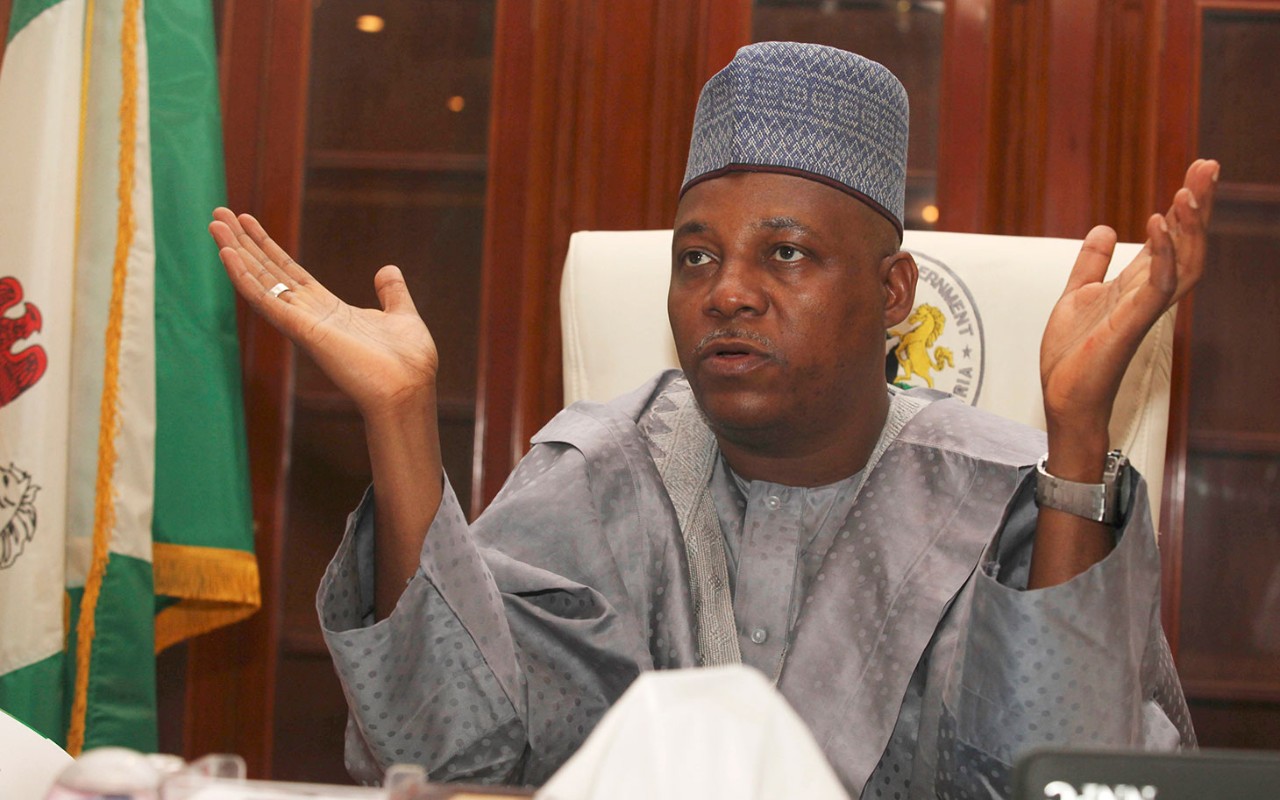ABUJA, Nigeria — Vice-President Kashim Shettima has called for unity and collective action in confronting Nigeria’s security challenges, warning that violence does not discriminate by tribe or faith.
Speaking at a high-level stakeholders’ engagement on regional development organised by the National Counter Terrorism Centre (NCTC) in the Office of the National Security Adviser, Shettima said insecurity can only be overcome if Nigerians reject the divisions that have been “weaponised to weaken our resolve as one nation.”
Represented by Senator Ibrahim Hadejia, Deputy Chief of Staff to the President, Shettima said, “A bullet or a bomb has neither ethnicity nor religion. When it is fired by the enemies of our collective peace, it does not discriminate. It kills the farmer and the trader alike, and it destroys the very fabric of our multifaceted, multi-religious, and multi-ethnic society in a devastating and retrogressive manner.”
He emphasised that the battle against extremism and insecurity must go beyond military action to address social division, inequality, and exclusion.
“Our challenge, therefore, is not only to fight the forces behind these conflicts but also to dismantle the sentiments that are weaponised to divide us,” he said.
The vice-president also highlighted the importance of strategic communication in countering violent extremism.
“Beyond ideas and agendas, we must pay close attention to the power of messaging. Our messaging must be rooted in empathy and understanding,” he said.
Shettima stressed that no part of Nigeria can claim progress in isolation, saying true national advancement requires balanced regional development.
“We cannot claim to have progress as a nation unless each part of the federation moves forward at the same pace,” he said.
“What we need, therefore, are functional institutions that guarantee the presence and service of government even in the remotest parts of the country.”
He described the creation of regional development commissions across Nigeria’s six geopolitical zones as a practical framework for driving inclusion and equity.
These commissions, he said, “serve not only as vehicles for development, bringing government closer to the people, but also as platforms for peer review and shared learning.”
Each regional commission, he added, has been tasked with addressing the peculiar needs of its region, taking into account its people, resources, and realities.
Shettima said that while past administrations have worked with the private sector and international partners to design development agendas, implementation must now be context-driven.
“Despite previous efforts, our greatest challenge remains the need for context-specific strategies that reflect the unique aspirations of every region,” he said.
He urged the regional commissions to collaborate closely and commit to “promoting the collective understanding required to fix what is broken and build resilience where fragility once prevailed.”
The engagement, he added, represents “a bold step towards a truly inclusive Nigeria where the dividends of democratic governance are felt across every local community, every geopolitical zone, and every socioeconomic sector.”







![Honouring a Rare Soul: Celebrating the Life of AVM Terry Omatsola Okorodudu [MUST READ] Air Vice Marshal Terry Omatsola Okorodudu](https://www.thetrentonline.com/wp-content/uploads/2026/01/Joan-and-Bidemi-Okorodudu-The-Trent-100x70.jpg)